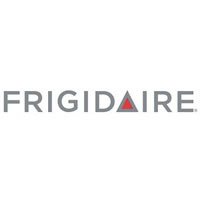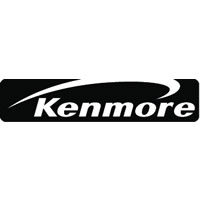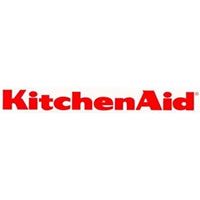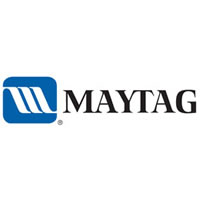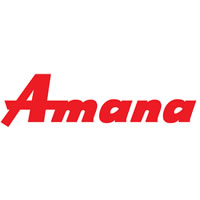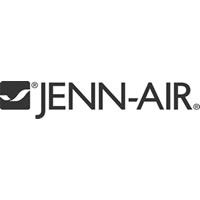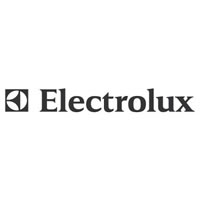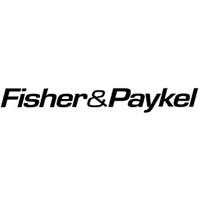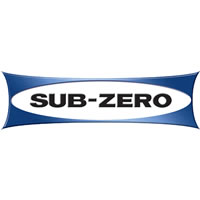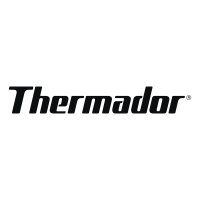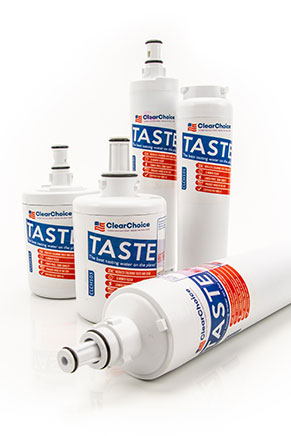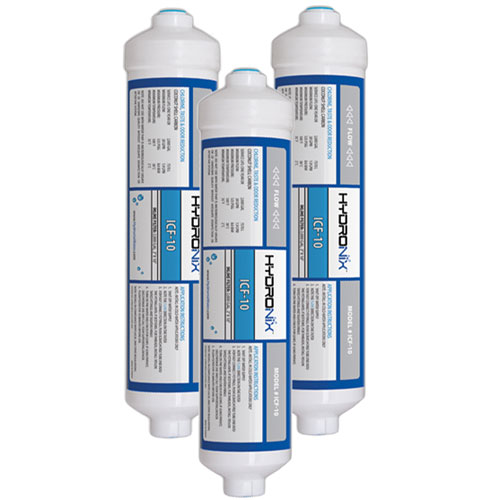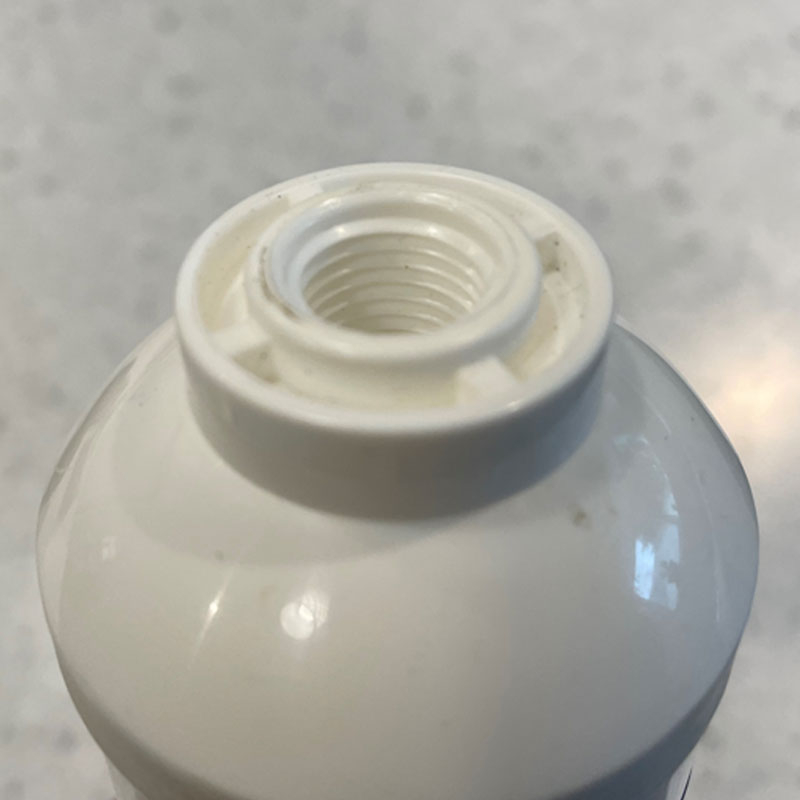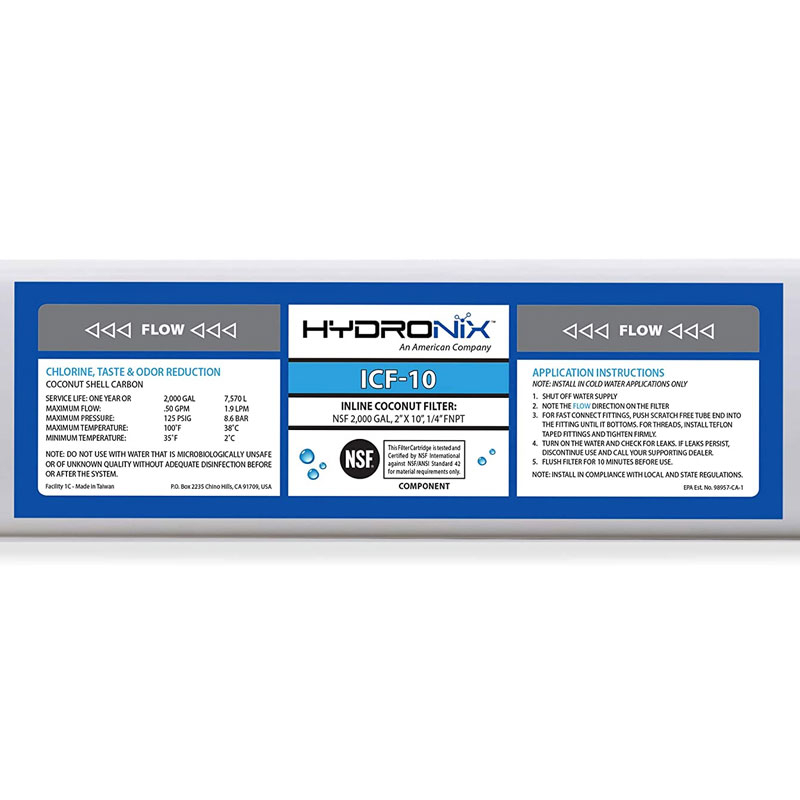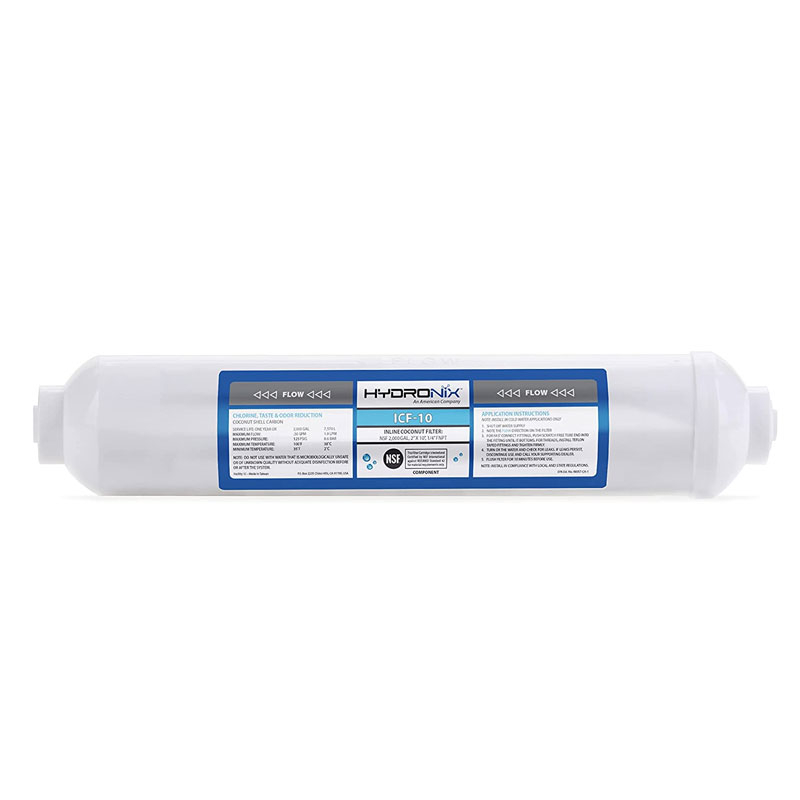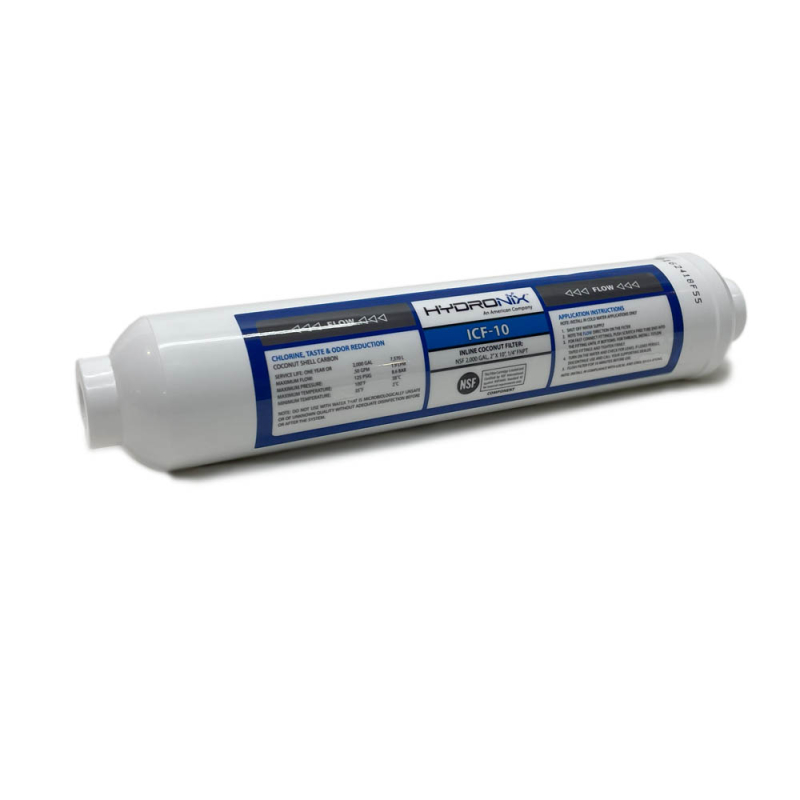Hydronix ICF-10 | Our#: 183057
Hydronix ICF-10 Inline Refrigerator Filter with 1/4" FPT, 3-Pack
Hydronix ICF-10 | Our#: 183057
- Fast Shipping & Free Returns
- 100% Compatibility Guarantee
Product Details
The Hydronix ICF-10 water filter uses NSF listed coconut shell granular activated carbon and is designed to remove unpleasant taste and odor and reduce sediment to produce cleaner, clearer, better tasting water. The filter ends feature threaded 1/4 Female Pipe Tapered (FPT) for connection with common 1/4 plumbing fittings.
Features
- Uses advanced activated carbon technology
- Contains coconut shell granular activated carbon
- Reduces chlorine taste and odor
- Suitable as filter for refrigerator water and reverse osmosis applications
All product names, logos, brands, trademarks and registered trademarks are property of their respective owners. All company, product and service names used on this page are for identification purposes only. DiscountFilters.com and National Trade Supply, LLC are not affiliated with these brands.
Specifications
Length x Diameter
This filter replaces these part numbers
| Brand | Model or Part Number |
|---|---|
| American Plumber | 255521-51 |
| Aquaboon | ABP-T33J |
| Everpure | IN-10 |
| Everpure | EV9100-06 |
| Frigidaire | 5304492441 |
| Handi-Plumb | WF-10 |
| Ice-O-Matic | IF14C |
| Kemflo | AICRO |
| Liquatec | IAC-10 |
| Omnipure | K2540-BB |
| Omnipure | CL10ROT40-B |
| Omnipure | K5540-BB |
| Omnipure | K2340-BB |
| Pentair | IN-10 |
| Pentair | EV9100-06 |
| Pentek | GS-215-CB5-B |
| Watts | AICRO-JGK |
| Whirlpool | 4392949 |
What our customers have to say
Activated Block Carbon Technology
This filter uses activated block carbon technology. Carbon is one of the most adsorptive substances, and its numerous and microscopic pores make it capable of adsorbing many microscopic contaminants. Adsorption is a chemical bond between the surface of the carbon and a molecule (contaminant).
- Activated carbon is a carbonaceous, highly porous adsorptive medium that has a complex structure composed primarily of carbon atoms. The networks of pores in activated carbons are channels created within a rigid skeleton of disordered layers of carbon atoms, linked together by chemical bonds, stacked unevenly, creating a highly porous structure between the carbon layers. Activated carbon is able to attract and capture a whole host of contaminants, including chlorine and other organic chemical compounds.
- Activated carbon means that the carbon has been treated at 1000°C with steam molecules to selectively burn holes into the carbonized raw material, creating a multitude of pores inside the carbonaceous matrix. This process creates so much surface area that a teaspoon of activated carbon has roughly the same surface area as a soccer field!
- Activated block carbon, then, with its use of adsorption, is one of the most effective water filtration methods in use today.



